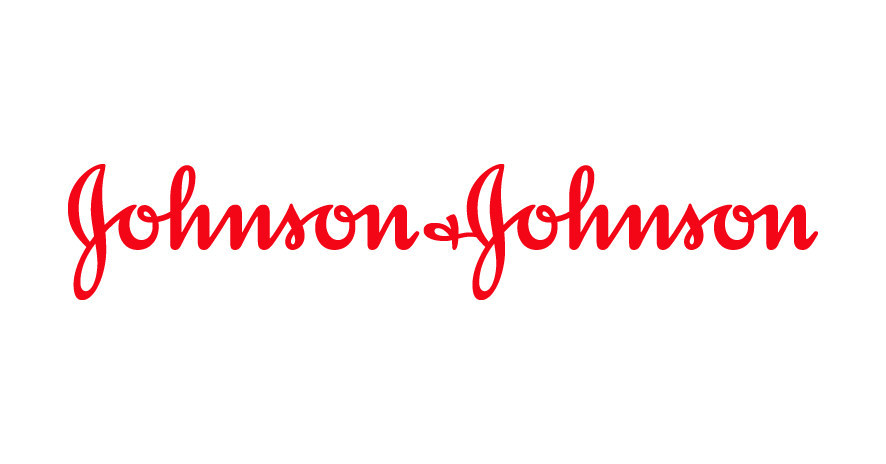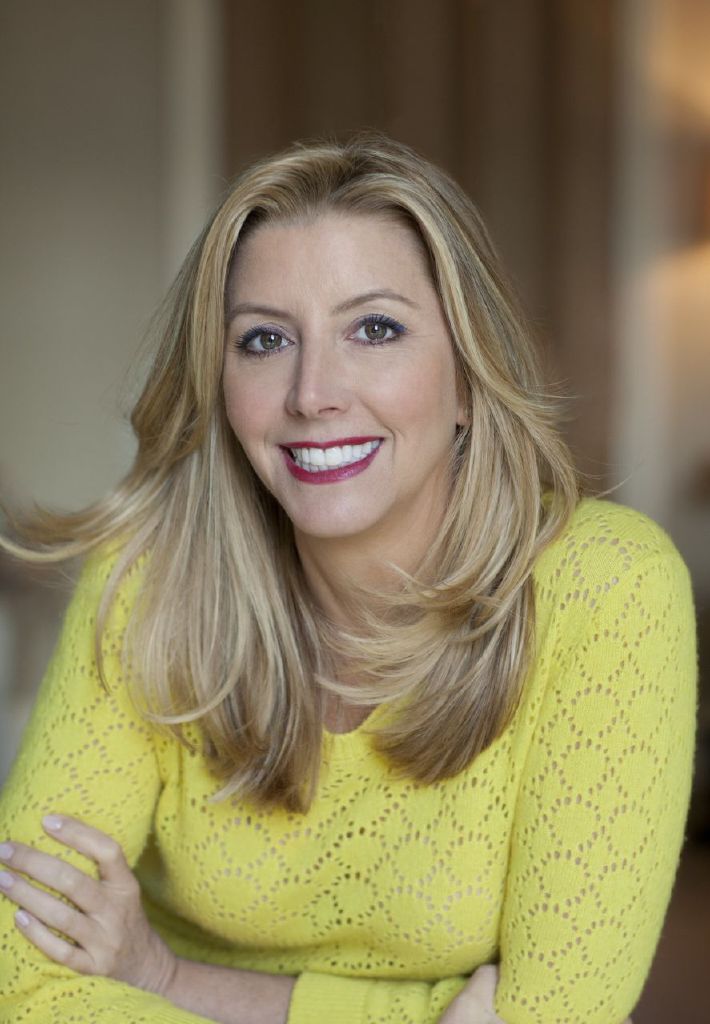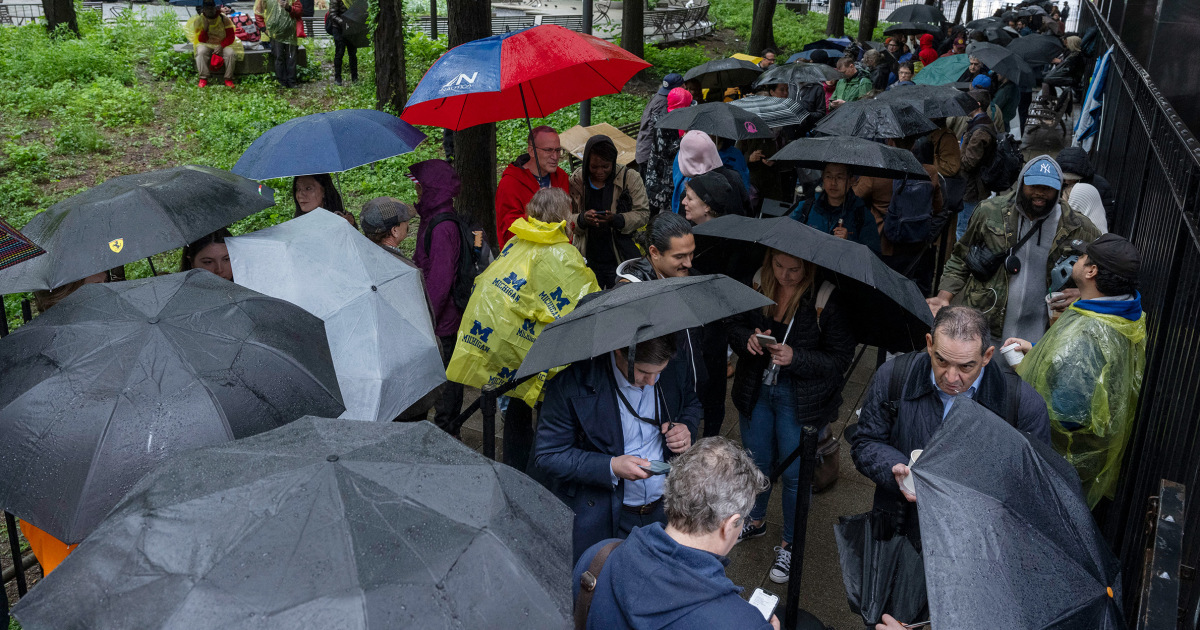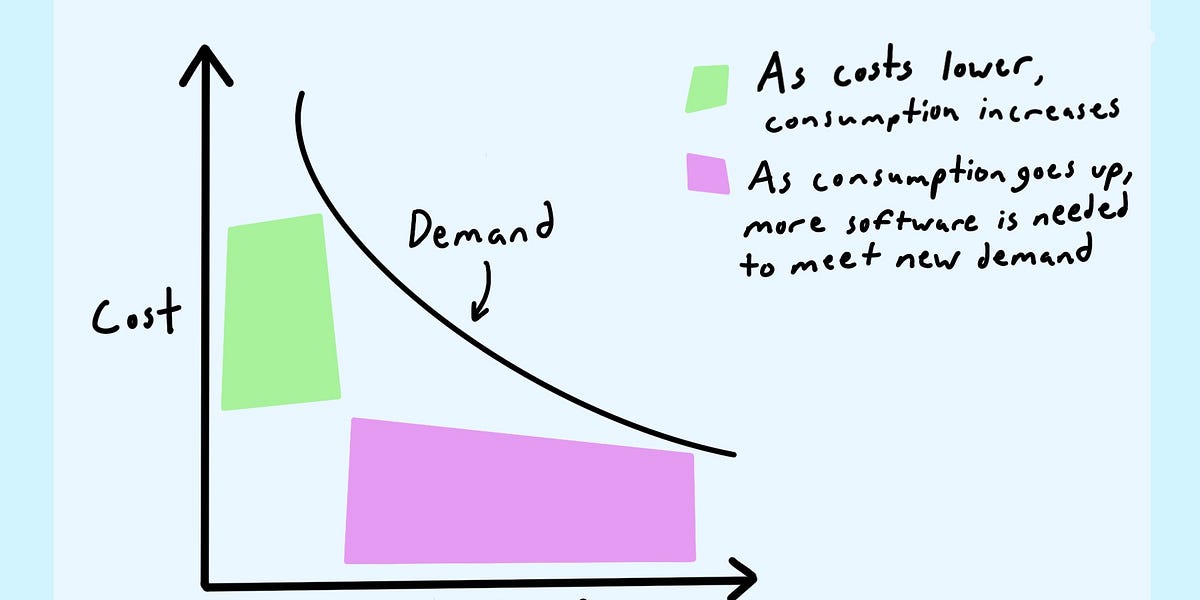How good products have unintended consequences
Peter Drucker is credited with one of the most important quotes in business and product development: “What’s measured improves.”
Mr. Drucker is unquestionably correct—I’ve seen this play out both in my personal life and in business initiatives. It’s why OKRs work, and why being data-driven is no longer optional for everyone in business.
These days we like to pretend we can measure anything with surveys, but Peter Drucker’s quote still rings true: “What’s measured improves.”
If you are measuring survey responses, you can improve survey responses. There’s no guarantee you’re actually improving, say, customer satisfaction, no matter how many times you declare that this survey response represents customer satisfaction.
But things get even more complicated from here: what if we think beyond customer satisfaction and think about human misery? How do we know our products are not creating that? or other bad things like loneliness, disconnection, or grief? Think about the cup holder: a mainstay in American cars, one I always took for granted.
Once I moved to Europe, I went on a trip in a borrowed car, and, as is typical in Europe, the car did not have cupholders. I was in the passenger seat, and because of the absence of this feature, I was essentially the driver’s cupholder. Research and surveys, and even common sense could tell you this was inconvenient. It would be even more inconvenient if the driver didn’t have a passenger next to them. But I realized something strange while holding my husbands water, coffee, or whatever else— I realized that I liked being of service to the driver. Because he would have to ask me to grab it, it made us talk more during the drive. I couldn’t help but think that the cupholder feature impacts us in complex ways, and in ways I didn’t particularly like. It can isolate us from our fellow carmates. The absence of the cupholder makes the front-seat passenger more of a crewmember rather than a passenger. A helper. The cupholder would eliminate this warm social act of service.
Leave a Comment
Related Posts

Johnson & Johnson Consumer Inc. Issues Voluntary Recall of Specific NEUTROGENA® and AVEENO® Aerosol Sunscreen Products Due to the Presence of Benzene
Comment
Worse Than The Disease? Reviewing Some Possible Unintended Consequences of The mRNA Vaccines Against COVID-19
Comment
















:max_bytes(150000):strip_icc()/TAL-uber-taxi-nyc-UBERSHUTTLE0524-00595b05d99845b99ab003ac9b2ebcb2.jpg)

